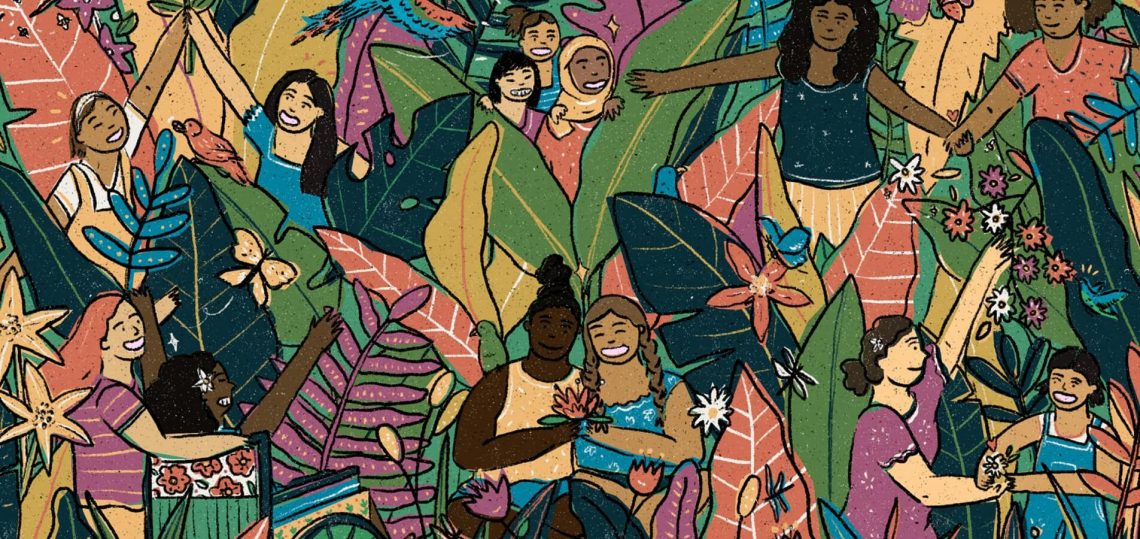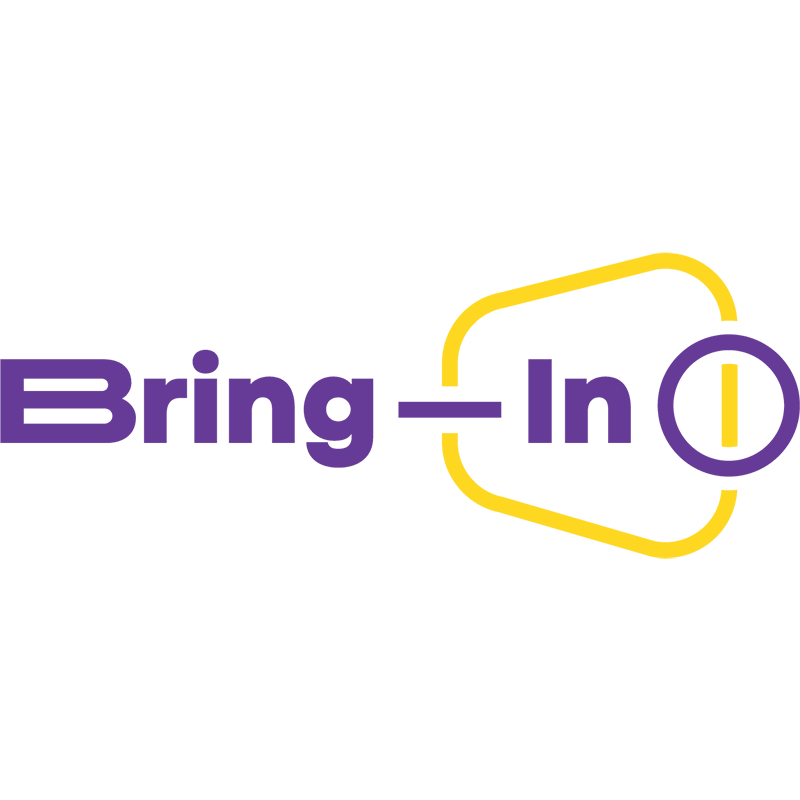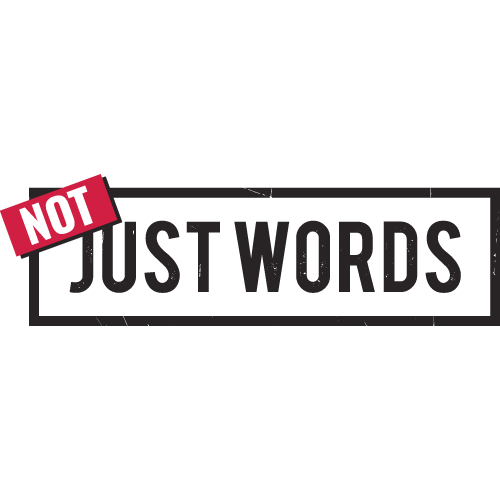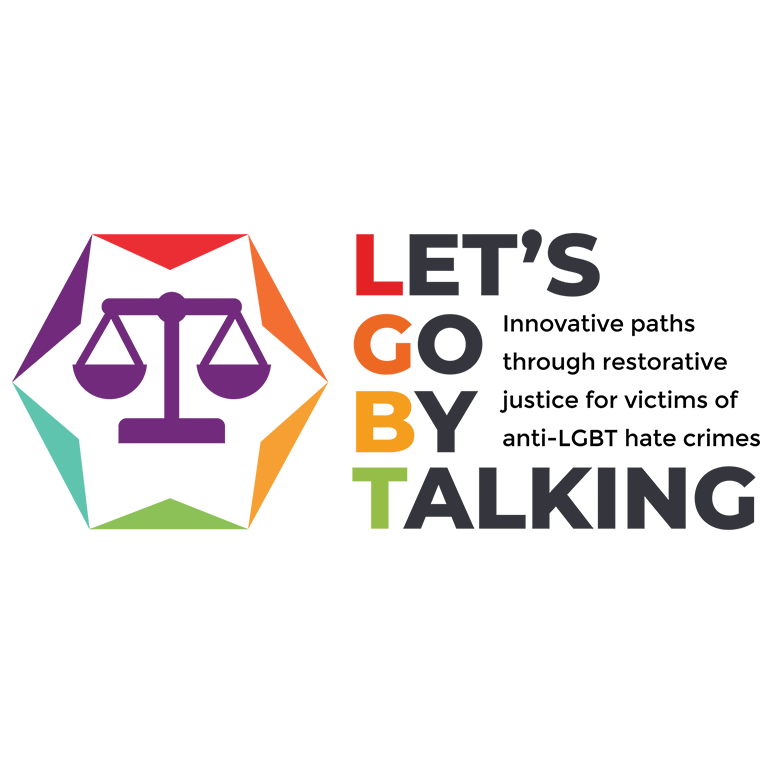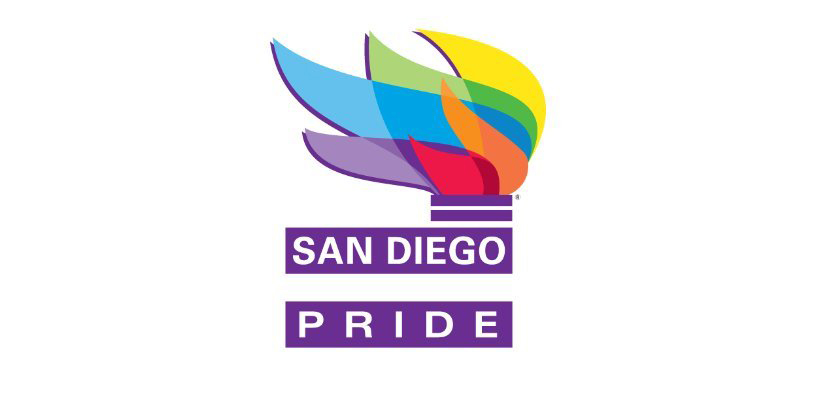- [email protected]
- +359 887 607 276
Projects
SOT. School’s OUT
This project deals with the problems LGBTI and gender non-conforming students face in schools and aims at training teachers and guide schools on how to implement LGBTI and gender inclusive policies.
QueerFemme & BraveLab: A collective response to the COVID-19 crisis
The current project is aimed at addressing some of the challenges posed by the Covid-19 pandemic through organizing an activist Academy for the members of two of our self-support groups: QueerFemme and BraveLab
Building professional capacity to combat discrimination against and better meet the needs of Intersex Persons
The overall aim of the Bring-In project is to promote the equality of intersex people in Greece, Hungary, UK and Bulgaria, by educating social and healthcare professionals on how to recognize, prevent and combat discrimination towards intersex people
R.I.S.E.
The overall aim of the project R.I.S.E., funded by the Rights, equality and citizenship (2014-2020) Programme of the European Union is to improve the recognition of LGBTI families’ rights in Bulgaria, Lithuania, Latvia, Poland, Romania and Slovakia by promoting diversity in society and achieving better acceptance of LGBTI families. The project aims to guarantee the rights of respect for the family life and the right of free movement in the EU for LGBTI citizens, by raising the society’s understanding on the consequences the current legislation has on the quality of life of same-sex couple.
Not Just Words
Main goal of the project “Not Just Words“, funded by the European Union’s Rights, Equality and Citizenship Programme (2014-2020), is to improve collaboration between communities, that are affected by hate speech and to create a national movement of allies to prevent and combat antisemitism, homophobia, transphobia, xenophobia and other forms of intolerance. Strong focus of the project will be the inclusion of youth in this process.
PREVENT
The overall aim of the “PREVENT” project, funded by the Rights, Equality and Citizenship Programme of the European Union is to promote the wellbeing of LGBTI people on the workplace and to tackle the risk of discrimination. The project also aims to promote management that develops the diversity of the employees in the public as well as in the private sector.
Let’sGoByTalking
Protecting and defending the rights of victims of anti-LGBT hate crimes: Innovative paths through restorative justice
San Diego Pride Community Grant: Community organizing for LGBTI people in Bulgaria
Bilitis is running a multi-year community organizing program targeted at three specific vulnerable groups – LGBTI youth, LBT and queer women, trans and intersex people.
Youth Theatre against Hate Network Development
The project “Youth Theatre against Hate Network Development” is conducted with the financial support of 77 526 Euro, provided by Iceland, Liechtenstein and Norway under the EEA Financial Mechanism. Its overall aim is to build a network of organization, working with youth and to raise their capacity on implementing a model for overcoming conflict and developing critical thinking among youngsters through theater.
Open Doors: Promoting Inclusive and Competent Health Care for LGBTI People
Between September 2019 and January 2021 Bilitis Resource Center Foundation is implementing an international research, training and awareness raising project entitled Open Doors: Promoting Inclusive and Competent Health Care for LGBTI People.
Rainbow hub
The Rainbow Hub project is implemented with a financial support of EUR 110 147 provided by Iceland, Leichteinsten and Norway under the EEA Financial Mechanism. Its overall aim is to increase the capacity and mobilize the LGBTI community by supporting 8 self-support groups at Rainbow Hub Community Center, to provide advocacy training and to support advocacy initiatives for each group.
On the Brink of Acceptance: Fighting Discrimination by Strategizing and Empowerment for the LGBTI Community in Bulgaria (BrinkItOn)
The overall aim of the BrinkItOn project, funded by the European Union’s Rights, Equality and Citizenship Programme (2014-2020), is to improve the social acceptance of LGBTI people in Bulgaria.
Promoting School Environments Inclusive of Diversity based on SOGI
The main objective of the CHOICE project, funded by the European Union’s Rights, Equality and Citizenship Programme, is to prevent and combat all kinds of intolerance and discrimination in schools, as well as the resulting violence and abuse.
Rainbow Shield (Improving the legal protection of LGBTI people in Bulgaria)
The main objective of the project Rainbow Shield, funded by the European Union’s Rights, Equality and Citizenship Programme is to improve the legal protection of LGBTI people in Bulgaria by improving the qualifications of lawyers to lead cases of LGBTI people, as well as improving their practices and methodologies in this area.
Enhancing the capacity of public and private actors to provide support to victims of anti-LGBI hate crimes in Bulgaria (RainbowOverHate)
The main objective of the Rainbow Over Hate project funded by the European Union’s Rights, Equality and Citizenship programme is to enhance the capacity of professionals working with victims of anti-LGBTI hate crimes.
Speak Out
The overall objective of the Speak Out project, funded by the European Union’s Rights, Equality and Citizenship Programme (2014-2020) is to improve the online environment for LGBTI people in 9 EU Member States: Bulgaria, Belgium, Portugal, Estonia, Spain, The United Kingdom, Hungary, Lithuania and Latvia.
Diverse Identities in Sport (2018 – 2019)
A dynamic international project addressing the inequalities in sports encountered by LGBTI people.
Study of the situation of LGBTI families in Bulgaria (2016 – 2017)
The project aimed to raise awareness of LGBTI activists and institutions dealing with human rights, justice, social, educational and health policies about existing legal and social problems of LGBTI families. In doing so, it laid the foundation for a future advocacy strategy to address the identified needs of LGBTI families and eliminate discrimination against them.
Narrowing the Margins (2018-2019)
Narrowing the margins is a challenging and innovative international project that focuses on the inclusion of those who are most affected by exclusion in the field of sport.
LoveMoves: The Rights of Recognized Same-Sex Partners Moving across the EU
The objective of the LoveMoves project was to oppose discrimination practices of Member States who don’t treat same-sex couples recognized in another jurisdiction as such and thus violate the right of free movement within the European Union by identifying and analysing the situation of same-sex couples with recognition in another EU member state who travel or reside in Bulgaria
National High School Climate Survey on LGBTI Youth (2018)
Foundation Single Step and Bilitis Resource Center Foundation are conducting this study for the first time to learn about the experiences of young LGBTI (lesbian, gay, bisexual, trans and intersex) people in schools across the country.
Monitoring the implementation of Recommendation cm / rec (2010) 5 of the Committee of Ministers on measures to combat discrimination based on sexual orientation and gender identity (2018)
In 2018, the Council of Europe undertakes a review of the implementation of the Recommendation in the Member States, examining the changes resulting from its implementation that each country has implemented.
In parallel with the official review, non-governmental organizations were invited by the Council of Europe to carry out a parallel study and to produce a follow-up report.
Transition to and integration at a new workplace for LGBT people (Окт. 2017 – Окт. 2019)
With this project “KliQ vzw” aims to improve the situation of all LGBT people – and by extension gender nonconforming people – in the labor market. The project focuses on the first stage of integration in the workplace (1st year).
Come Forward: Empowering and supporting victims of anti-LGBT hate crimes (2017 – 2018)
The problem of hate crimes against LGBTI people is being more and more recognized by international organizations and by many governments in Europe, but international efforts to tackle this phenomenon have not yet been developed. In order to successfully combat it, an effective interagency response is needed to address both the underreporting of crimes and the provision of affordable victim support services.
Health4LGBTI (2016-2017)
A pilot project aimed at reducing inequalities in access to health services encountered by LGBTI people. Bilitis was appointed by ILGA Europe to conduct a study and pilot test training for healthcare professionals to work with a LGBTI patients.
Bleeding Love: Raising Awareness on Domestic and Dating Violence Against Lesbians and Transwomen in the European Union (2015 )
A European project covering 9 EU countries, with a leading organization, University of Brescia, Italy.
Towards building LGBTI inclusive school policies in Bulgaria (2015)
During the period January – October 2015, Bilitis conducted a qualitative study aimed at answering the question “to what extent do secondary schools in Sofia provide an inclusive environment for LGBTI students and teachers?”
Elaboration of a Roadmap for LGBTI Equality in Bulgaria (2014)
The project promoted the idea of a national LGBTI equality plan to the Bulgarian authorities. Bilitis refered to resolutions of the European Parliament, and EU countries’ best practices in adoption of roadmaps for LGBTI equality as the basis for developing of policy statements, which were presented to progressively-minded politicians who share the EU values.
“Schools for All” (2010 – 2012)
An international partnership initiative of 10 European countries aimed at eliminating discrimination, homophobia and transphobia in European Union schools.
Sex change of trans and intersex people in Bulgaria: Exploring the legal framework and case law and a strategy for improving them (2012)
The project created the basis for elaboration of National Litigation Strategy on Gender Reassignment for Trans and Intersex People based on regulatory impact assessment (evaluation of the laws and regulations which have any kind of relevance to gender reassignment) and setting specific targets for improving the procedure for gender reassignment.

